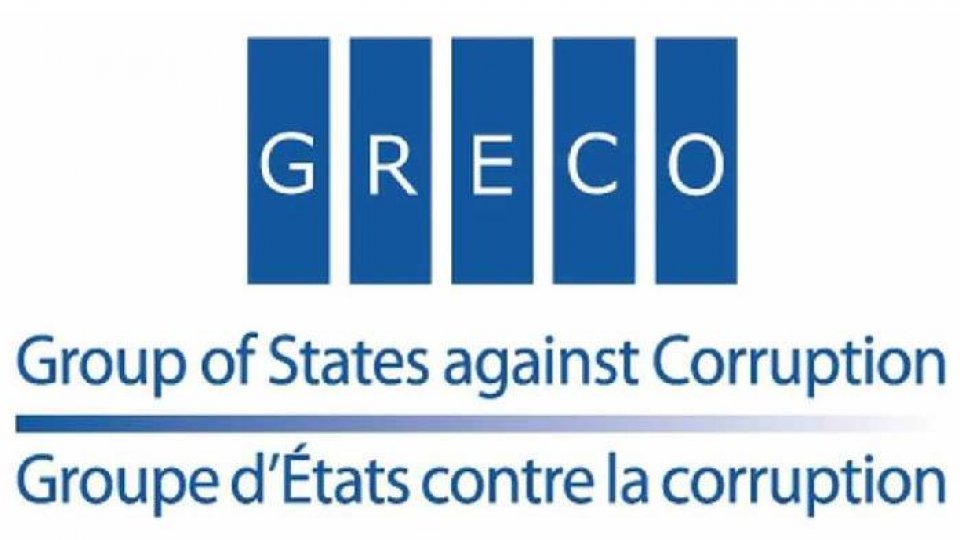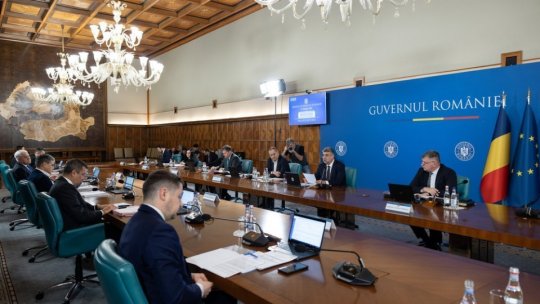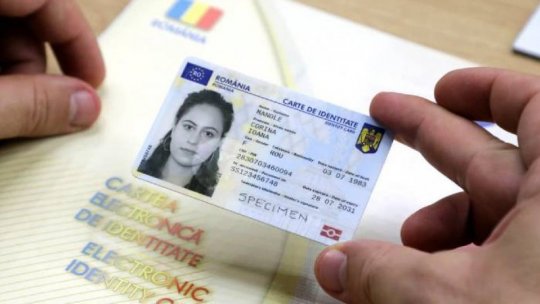GRECO deeply concerned about certain justice reforms in Romania
Romania: GRECO expresses serious concern about certain aspects of the laws on the status of judges and prosecutors and on draft amendments to the criminal legislation.

Articol de Radiojurnal, 11 Aprilie 2018, 14:31
In a report on Romania published today, 11 April, the Group of States against Corruption of the Council of Europe (GRECO) expresses serious concern about certain aspects of the laws on the status of judges and prosecutors, on the judicial organisation and on the Superior Council of Magistracy recently adopted by the Parliament as well as on draft amendments to the criminal legislation.
GRECO has prepared this report following a decision at its December 2017 plenary meeting to carry out an extraordinary urgent evaluation of judicial reforms in Romania considering they could imply serious violations of anti-corruption standards.
The report notes that the amendments to the three laws on the judiciay adopted by the Parliament in December 2017 do not contain some of the most controversial proposals presented initially in the summer. However, GRECO is concerned about their potential impact, including for the staff structure in the courts and prosecution services. Despite the importance and wide scope of these reforms, their impact was not properly assessed, and the legislative process was also questionable.
GRECO calls upon Romania in particular to abandon the creation of the new special prosecutor’s section for the investigation of offences in the judiciary. The report also takes note of the controversial process to dismiss the head of the specialised anti-corruption prosecutor’s office (DNA), initiated in February 2018, and it reiterates its call for additional safeguards in relation to appointments and dismissal procedures for senior prosecutors by the executive branch of power.
GRECO is equally critical about the draft amendments to the criminal legislation which, if adopted, would clearly contradict some of Romania’s international commitments, including the Criminal Law Convention on Corruption. Amendments to the criminal procedure currently discussed by the special parliamentary joint committee are perceived by foreign countries as a threat for the effectiveness of mutual legal assistance.
In addition, the report criticises a series of draft laws initiated in the Senate on 21 December 2017 which would considerably weaken the incrimination of various corruption-related offences in the Criminal Code; for example, bribery and trading in influence would not anymore apply to elected officials and with regard to the abuse of office offence the amendments would completely decriminalise all acts committed in relation to damages up to 200,000 euros.
GRECO invites Romania to present an update on the state of the proposed reforms at its next plenary meeting (18-22 June 2018), and to refrain from passing further criminal law amendments which could undermine its anti-corruption capacities – the report states.
- - -
A delegation from the Group of States against Corruption of the Council of Europe (GRECO) visited Romania on 21 and 22 February as part of an ad hoc urgent evaluation concerning the recently proposed or adopted legislation in the area of the judiciary from the perspective of the fight against corruption and of the compliance of Romania with earlier recommendations by GRECO on this topic.
GRECO’s delegation met with government representatives, parliamentarians, legal and judicial professionals, NGOs, representatives of international institutions present in Romania and other relevant actors.
GRECO’s delegation underlines that those in charge of investigating, prosecuting and adjudicating corruption offenses should enjoy the independence and autonomy appropriate to their functions and should be free from improper influence. This also applies to disciplinary mechanisms, whilst judges and prosecutors are expected to comply with the highest standards of integrity. This is one of the Council of Europe's fundamental anti-corruption standards. The delegation also recalls GRECO’s recent recommendation that the transparency of the legislative process be improved, including by ensuring that urgent procedure be applied as an exception in a limited number of circumstances.
GRECO’s team stresses the importance for all state institutions to work with and respect each other, in line with the principles of the separation of powers, of the independence and impartiality of the judiciary, and of equality before the law.
Source:Council of Europe, GRECO









